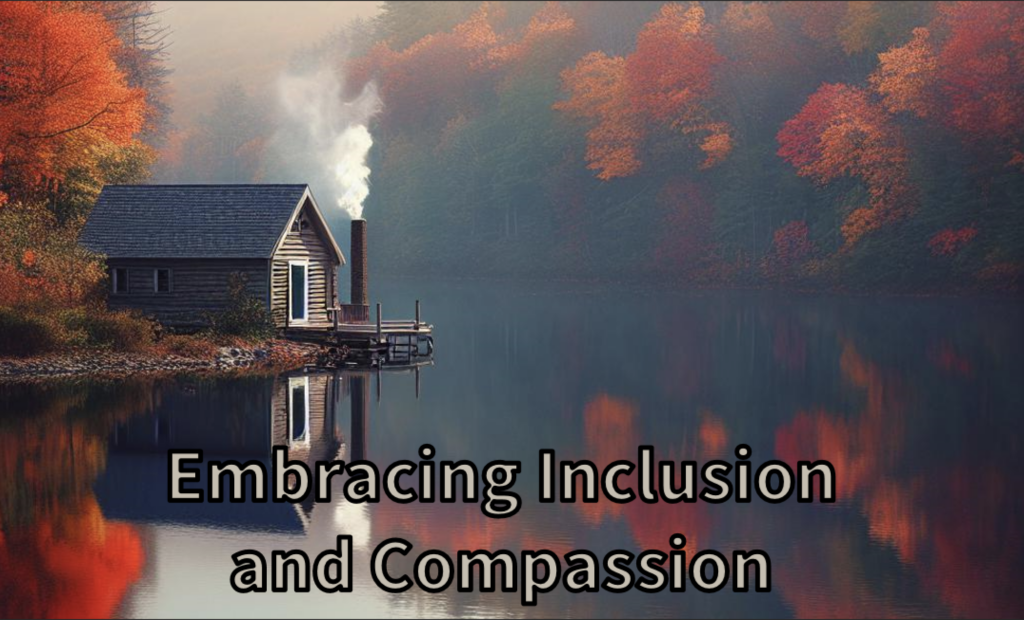
When you think about your ideal day, what are the two key factors that come to your mind? Why are these factors important to you?
The first things that come to mind are ‘freedom’ and ‘relationships’.
Freedom has many layers. Do we have freedom of time, energy, ability, and health? That’s just the first layer. The second layer of freedom is mental and emotional freedom – being unaffected by changes in people, events, and circumstances. Currently, I don’t have much freedom, so if I can achieve these two layers, I would be joyful on the day.
The second factor is ‘relationships’, which also vary. Inevitably, we are involved in various relationships within human society – relationships with our parents, elders, juniors, friends, and partners. Are these relationships harmonious, or are they dependent, or perhaps transactional? I’ve come to realise that these are external relationships, and behind them lies the most crucial relationship – the one with myself. If I can manage all these relationships well and coexist harmoniously, I believe I will have much freedom and space in my heart, and I would be very joyful on the day.
But how can we achieve an idea day through these two key factors?
The first step is to initiate reflection. Try to answer the original question, ‘What does an ideal day look like for you?’ Through this response, feel your own existence. Descartes said, ‘I think, therefore I am.’ [1] Reflecting on our existence is a joyful experience because we often neglect our true feelings, shaped by external expectations. How much time do we allocate for ourselves? How much time do we really spend thinking and feeling?
The second step is to prepare for your freedom. If you lack time-freedom, consider making a daily schedule to see if there are moments spent on your phone or watching shows, or if you have a full weekend available. If so, use it wisely. If it’s a lack of ability, like wanting to communicate in a foreign language but not knowing how, then investing time to improve this skill is a wise use of time. As time passes, your abilities will naturally improve. If it’s a lack of energy, learn to take good care of your emotions, which can drain energy significantly. For instance, smartphones provide screen time statistics that clearly show how much time users spend on different apps. Similarly, emotions are like the ‘apps’ that consume the most ‘battery’ in our body’s hardware. Taking care of your emotions also involves steps. The first is to take good care of your physical health, as people without good health often struggle to maintain positive emotions. Once you have time for reflection and have identified activities you want to engage it, you can fully utilise your time and energy to enhance your capabilities. With capabilities, financial resources will follow since wealth is just a result of your abilities, provided you can increase your freedom and space.
The third step is to organise your relationship with yourself. Learn to respect, appreciate, and patiently bless yourself for growth. This is a mindful process. Even if external relationships aren’t great, shift your thoughts to improve your relationship with yourself. Train yourself to listen to your thoughts and be patient. Impatience is a stumbling block in relationships. If you’re impatient with family, it’s hard to maintain good relations; if you’re impatient with friends, it’s difficult to deepen those friendships; if you’re impatient with your partner, arguments are likely.
The fourth step is to repeat the first three steps. Through this process, experience the joy of being, the joy of growing capabilities, the ease of harmonious relationships, and strive for the utmost good.
[1] The Latin “cogito, ergo sum”, usually translated into English as “I think, therefore I am”,[a] is the “first principle” of René Descartes’s philosophy.

